If you violate an order of protection in Illinois, you may be arrested and charged with a Class A misdemeanor. If you’re convicted, you face up to a year in jail and fines of up to $2,500 – plus mandatory court assessments.
About Orders of Protection
An order of protection is a legal document that prohibits one person from contacting or coming near another person. This guide explains all the details.
What if You Violate an Order of Protection in Illinois?
An order of protection is a legally binding order from a judge that requires one person to stay away from another person. It may also prevent you from:
- Threatening or abusing the alleged victim
- Going into your own home
- Taking your children out of state
- Accessing your kids’ school or medical records
- Seeing your children
- Selling, destroying or damaging personal property
If you violate an order of protection by doing any of these things (or anything else the judge in your case has prohibited you from doing, the police can arrest you.
An order of protection can also require you to do things, such as:
- Attend counseling
- Appear in court
- Give personal property to the alleged victim
- Turn in your weapons to law enforcement
If you fail to do these things (or anything else the judge orders you to do), the police can arrest you.
Related: What happens if your accuser doesn’t cooperate with police?
What Happens After You’re Arrested for Violating an Order of Protection in Illinois?
If the police arrest you for violating an order of protection in Illinois, they’ll take you to jail. The police will hold you there until one of two things happens: They allow you to pay to get out or you have your first hearing.
What Happens at an Arraignment?
The first hearing after an arrest is called an arraignment. During an arraignment, the judge tell you the precise charges against you. You have the chance to say whether you plead guilty, not guilty or no contest.
It’s usually a good idea to talk to an attorney before you appear in court the first time. That’s because your attorney can give you case-specific legal guidance on how to plead. In some cases, it makes more sense to plead guilty than not guilty; in other cases, it makes sense to plead no contest or not guilty. Every case is different, which is why it’s so important to talk to an attorney about your situation (and the circumstances that led to your alleged violation of an order of protection).
Related: Should you deny allegations of domestic battery?
Do You Need to Talk to an Attorney About Domestic Battery Defense?
If you need to talk to a domestic battery defense attorney in Illinois, we’re here to help. Call us at 847-920-4540 now – we’ll be happy to give you a free consultation and talk to you about your options.

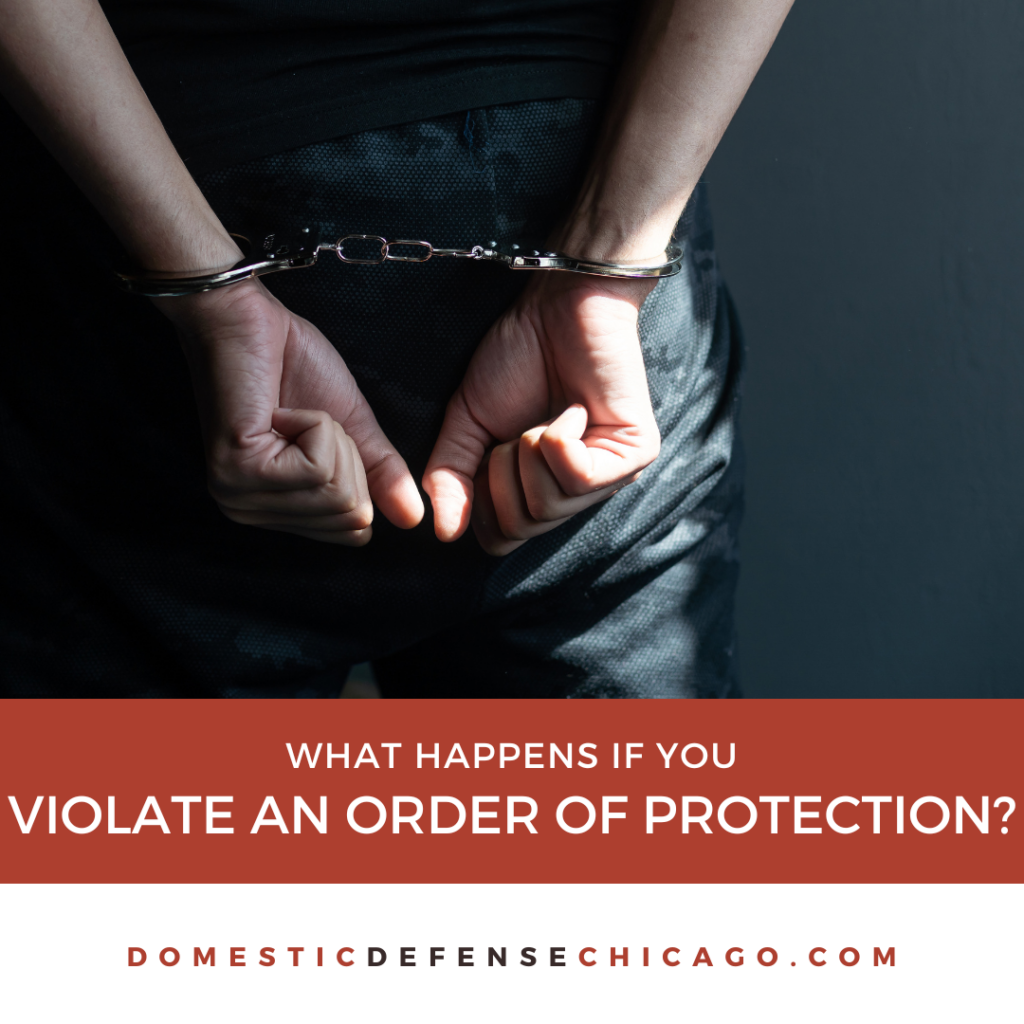
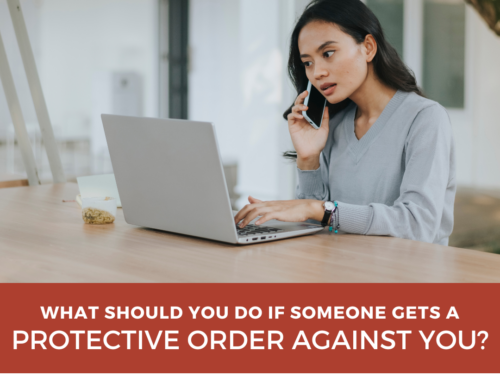
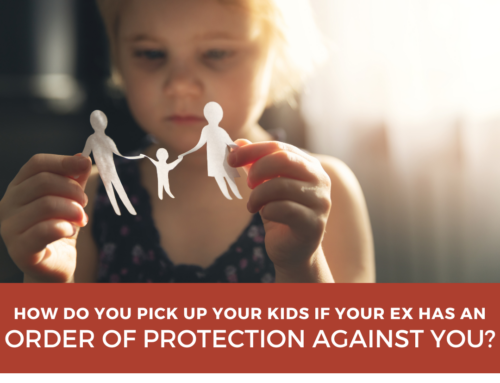
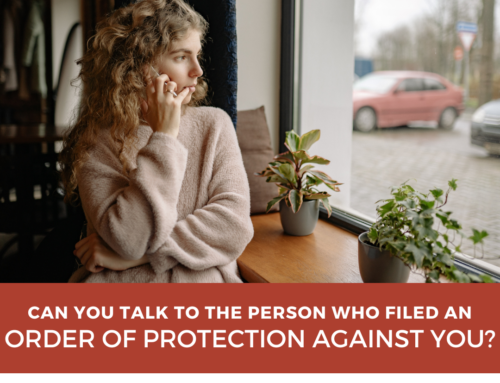
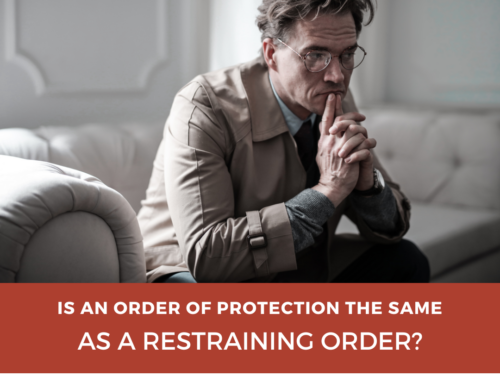
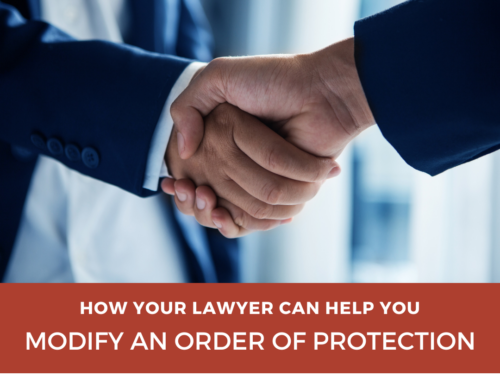
Leave A Comment
You must be logged in to post a comment.